At a glance
CDC's Office of Health Equity (OHE) supports the CDC John R. Lewis Undergraduate Public Health (Lewis) Scholars Program. Lewis Scholars complete exceptional work during their programs and go on to serve as our future public health leaders.

About the Williams-Hutchins Health Equity Award
The Williams-Hutchins Health Equity Award recognizes exceptional projects from the Lewis Scholars Program that advance health disparity science and minority health. Outstanding student projects from each of the seven institutions currently delivering the Lewis Scholars program are selected for the Williams-Hutchins Award. These projects exemplify exceptional attributes such as new approaches, innovations that improve service to the public, creativity, and efforts beyond the call of duty.
2024 Award Recipients
Award Recipient: Genab Diallo

School: Columbia University, Summer Public Health Scholars Program (SPHSP)
Project Title: Doula Support and Maternal Health Disparities: A Focus on Black Women
Project Details: Exploring how doula support impacts maternal health disparities among Black women, Genab’s study addresses the critical question of whether doula assistance can reduce health disparities in maternal outcomes for this group, who often face significant challenges and inequities in perinatal care. Through a comprehensive literature review, the research reveals that culturally competent doulas significantly enhance birth experiences and improve health outcomes for Black mothers by providing tailored support and advocacy. Despite these promising findings, the poster highlights the urgent need for more quantitative research to further validate these results and strengthen the case for integrating doula services into maternal care policies. This additional research is essenti
Award Recipient: Jordan King
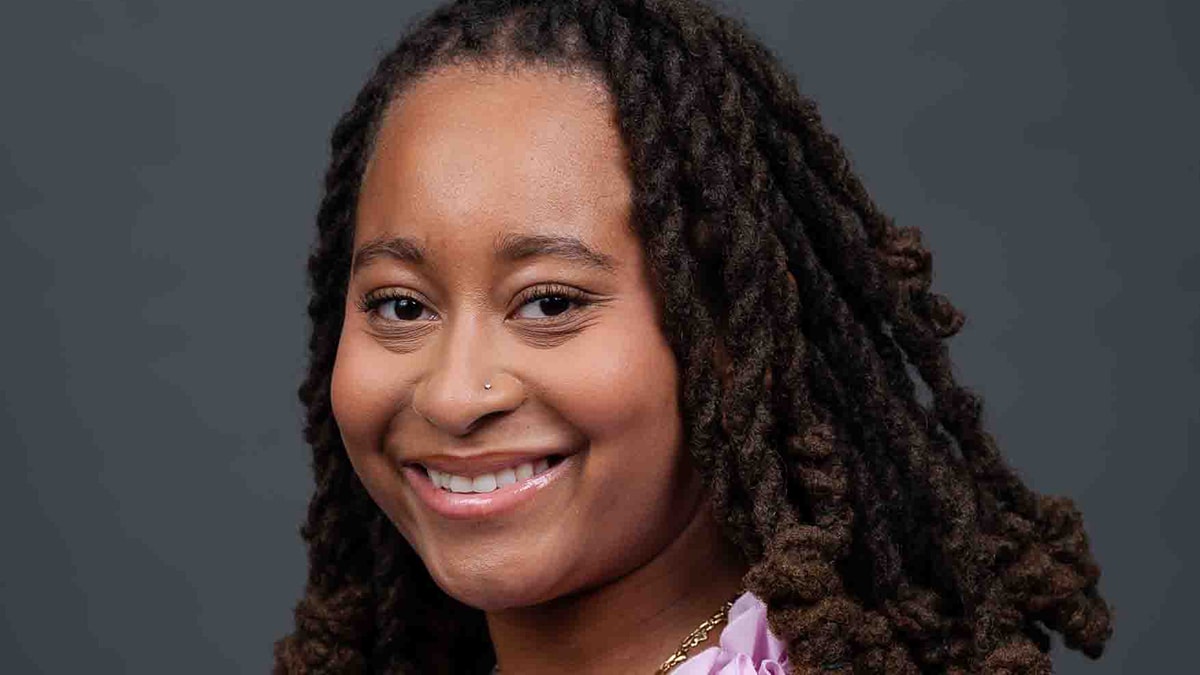
School: Kennedy Krieger Institute (KKI), Maternal Child Health Careers/Research Initiatives for Student Enhancement – Undergraduate Program (MCHC/RISE-UP)
Project Title: External Factors that Impact the Center for New Americans (CNA), CNA Case Workers, and Refugees in South Dakota
Project Details: Through the University of South Dakota MCHC/RISE-UP site, Jordan worked with the Lutheran Social Services Center for New Americans (LSS CNA). Throughout her time at the LSS CNA, Jordan helped to facilitate and plan a cultural appreciation day for refugees at the center, created four presentations for cultural orientation curriculum through LSS, and helped to facilitate and plan free swimming lessons for refugee families. She also created and presented an overview of a volunteer board consisting of young adults from local universities that could have the potential to help LSS CNA. Jordan saw the challenges and disparities refugees coming to South Dakota experienced. Throughout the summer, she went above and beyond, making deep-rooted connections with her site and fellow scholars.
Award Recipient: Kennedy Camp

School: Morehouse College, Project Imhotep
Project Title: The Perceptions, Barriers, and Preferences of Mobile Health Clinics for Conducting HIV Testing in the Southern United States: A Literature Review
Project Details: Kennedy’s placement site was SisterLove, Inc. During her internship, she conducted a literature review to describe the perceptions, barriers, and preferences for mobile health clinics for HIV testing in the Southern United States. The purpose of the literature review is to educate and bring awareness to the use of mobile health clinics for HIV testing so that they can be improved. The perceptions, barriers, and preferences for mobile health clinics include, but are not limited to, adaptability, convenience, cost, safety, confidentiality, and cultural similarities.
Award Recipient: Isabella Gándara
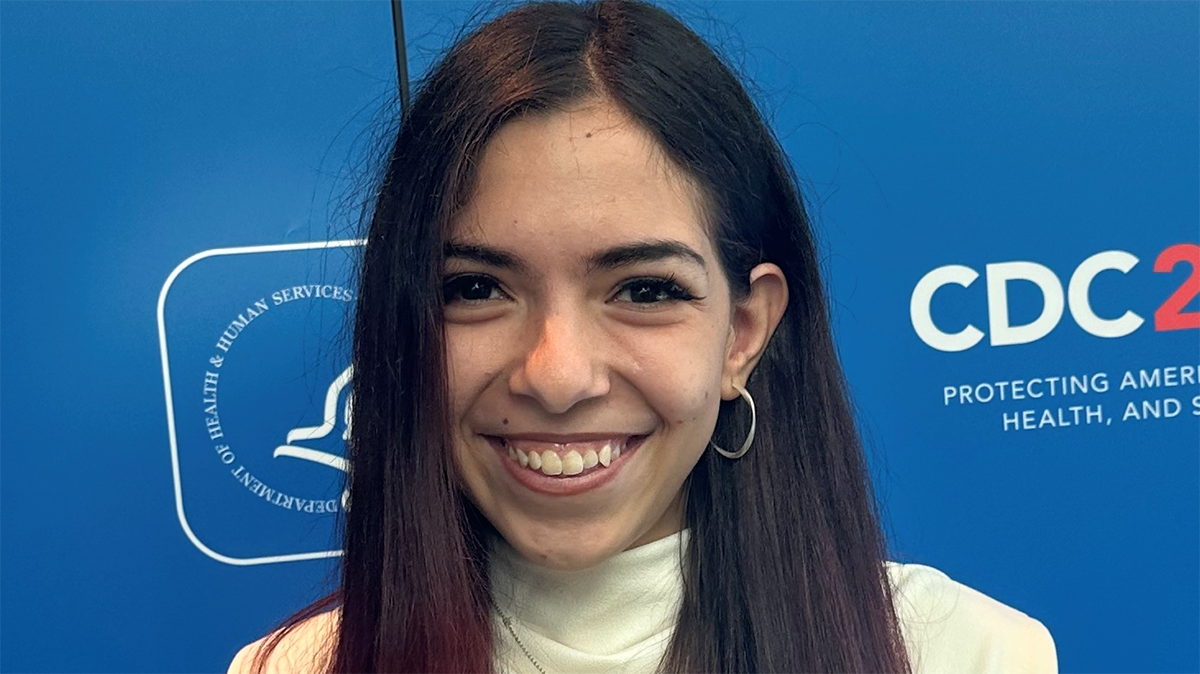
Program: Southern Plains Tribal Health Board, THESIS (Tribal Health Experiential Student Internship Seminar)
Project Title: PFAS Risk and Exposure in Drinking Water Among Southern Plains Tribes
Project Details: As part of the THESIS program, Isabella sought to assess the potential effects and known prevalence of PFAS, also known as forever chemicals, in drinking water serving Southern Plains tribes. PFAS, short for poly- and perflouroalkyl substances, are a group of chemicals of rising concern due to their persistence in the environment and body, as well as developing knowledge of their lasting effects on human health. By highlighting the intersections between wider health disparities affecting Indigenous communities in the US and known health effects of PFAS, as well as the potential effects of exposure for other tribal lifeways, Isabella illustrated the specific implications posed by PFAS contamination on tribal health. Additionally, by evaluating publicly available data of public water system testing for PFAS performed by the EPA, she demonstrated a high level of intertribal variability in the Southern Plains, as well as a higher proportion of multiple PFAS detections in water systems serving tribal areas compared to non-tribal areas. With these findings, Isabella hopes to spread awareness and support Indigenous communities who wish to participate in testing and remediation of PFAS in the future.
Award Recipient: Lara Panganiban
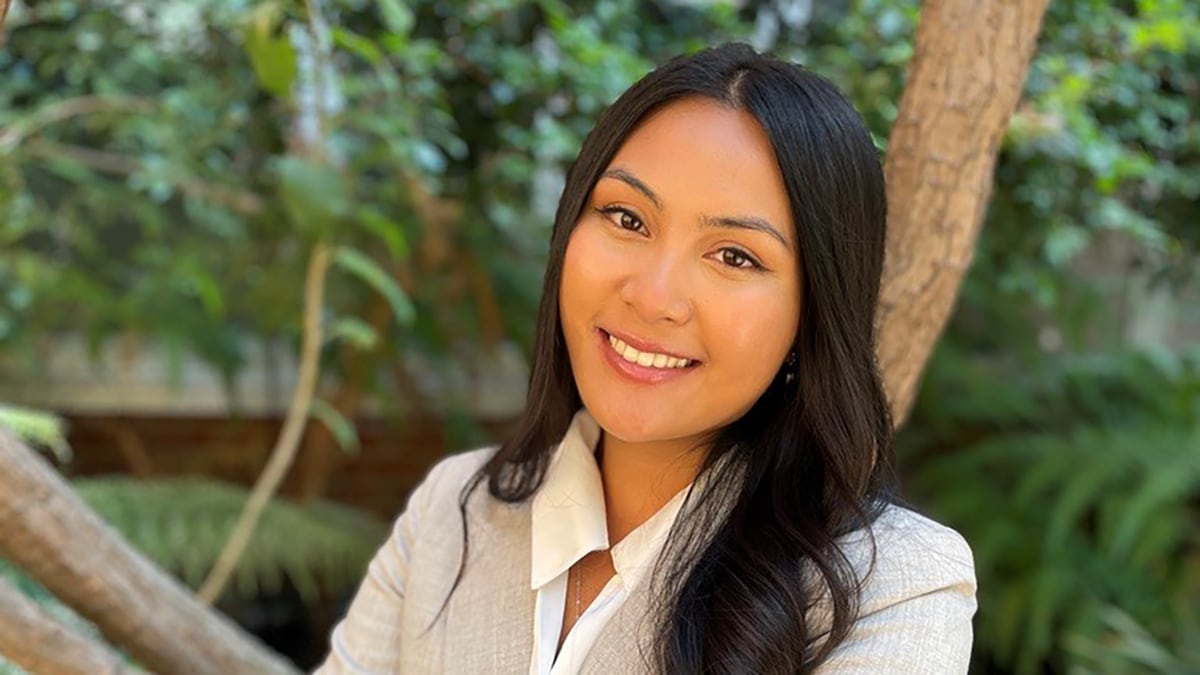
School: University of California, Los Angeles (UCLA), UCLA Public Health Scholars Training Program
Project Title: The Role of the Built Environment and COVID-19 on Food Insecurity Among Low-Income Communities in Los Angeles County
Project Details: Lara interned with Food Access Los Angeles, a non-profit organization that aims to build sustainable food systems. Working alongside her professional mentor, Lara completed projects in community education, health education and health communication. Notably, she has provided support at the market match booth at the Watts & Willows and Central Avenue Farmers Markets. In this role, Lara worked alongside team members to match funds for eligible shoppers to increase access to fresh fruits and vegetables. In addition to attending lectures and actively participating in classroom discussions, Lara collaborated with a small group of peers on a health equity project. Her academic poster, presented at the CDC Showcase, explored food security among low-income communities in Los Angeles and provided recommendations on how to improve access to healthy foods.
Award Recipient: Teresa-Linh Tran-Le
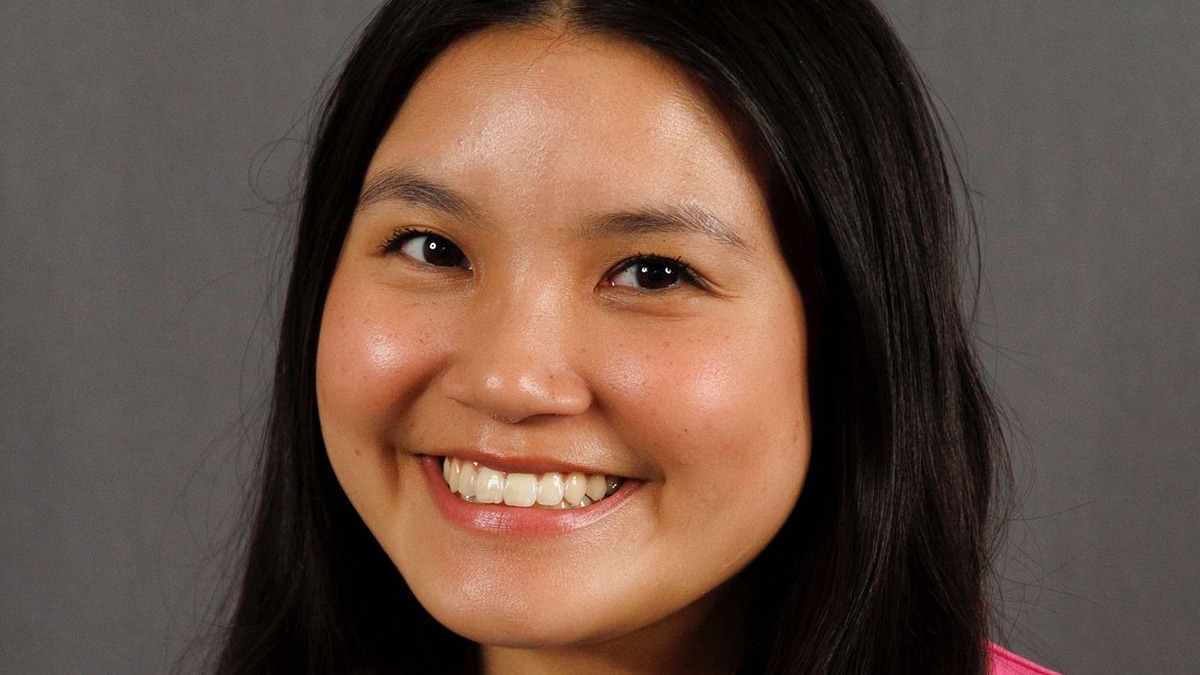
School: University of Michigan School of Public Health, Future Public Health Leaders Program (FPHLP)
Project Title: Understanding Community Food Safety: Survey Insights and Key Foodborne Pathogens
Project Details: Through Michigan FPHLP, Teresa-Linh had the unique opportunity to intern at the Environmental Division of the Washtenaw County Health Department on a local food establishment survey project. Her role on this project has allowed her to explore the intersection of public health and community wellness, focusing on understanding the factors that influence food safety and accessibility in local food establishments. She conducted and analyzed the survey to assess the current state of food safety (policies, protocols, practices) and customer satisfaction. During her experience at the WCHD, Teresa-Linh also had hands-on opportunities to shadow different staff such as water sampling, inspections, tick drags, mosquito collecting, and more. She has gained invaluable insights and a deeper understanding of public health through this experience. She looks forward to continuing her journey in public health and positively impacting the communities she serves.
Award Co-Recipients: Helene Comer and Jasmine Valencia
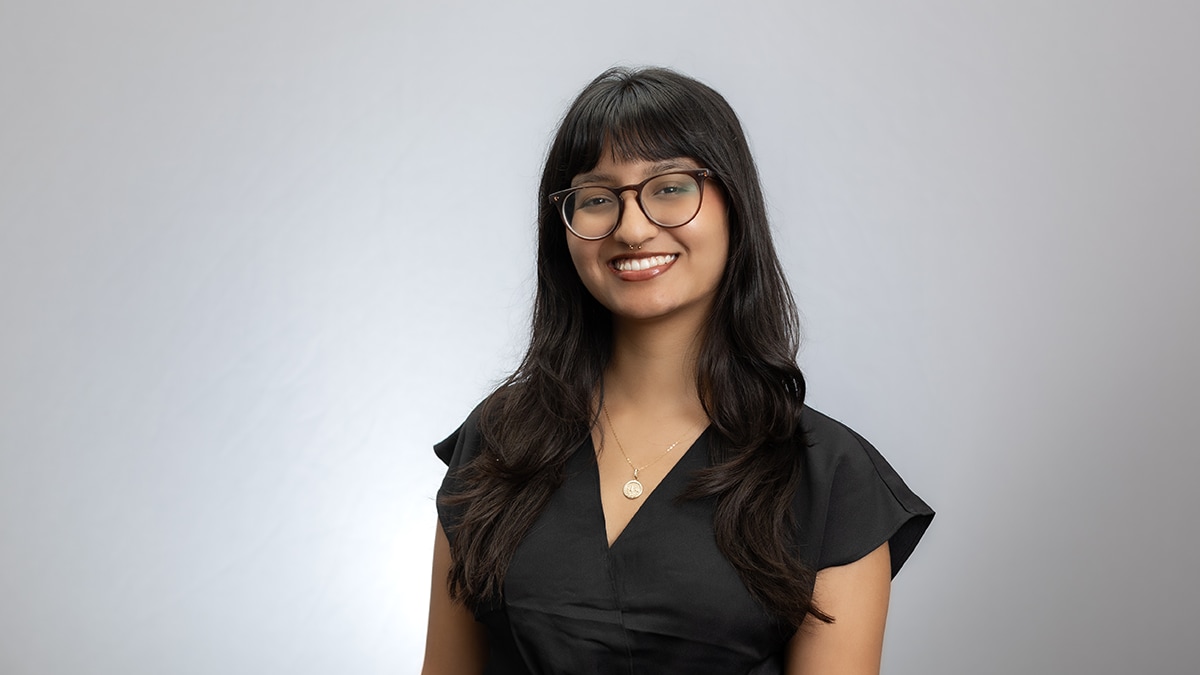

School: University of Pittsburgh, Pitt Public Health Undergraduate Scholars Program
Project Titles: Addressing Healthy Food Inaccessibility in the Hazelwood Community in Pittsburgh, PA & Music, Health, and Strengthening Intergenerational Bonds: JADA House's 2024 Kinship Program
Project Details: This summer, Helene and Jasmine interned at JADA House International, a nonprofit organization based in the Hazelwood community in Pittsburgh, PA. They worked specifically with JADA House's Kinship program – an 8-week program designed to help grandparents overcome the difficulties they may face as they take on the primary caregiver role for their grandchildren. Addressing Healthy Food Inaccessibility in the Hazelwood Community in Pittsburgh, PA, focused on identifying and addressing barriers to healthy food access within Hazelwood by developing a food access resource directory. This project also included a discussion on family-centered cooking and eating as ways to improve overall health as well as fostering connection within the home. Music, Health, and Strengthening Intergenerational Bonds: JADA House's 2024 Kinship Program, explored the role of music in promoting health and enhancing intergenerational relationships among Kinship participants, contributing to overall well-being and social cohesion. Together, these projects aimed to address critical health disparities and strengthen community bonds through innovative public health.
